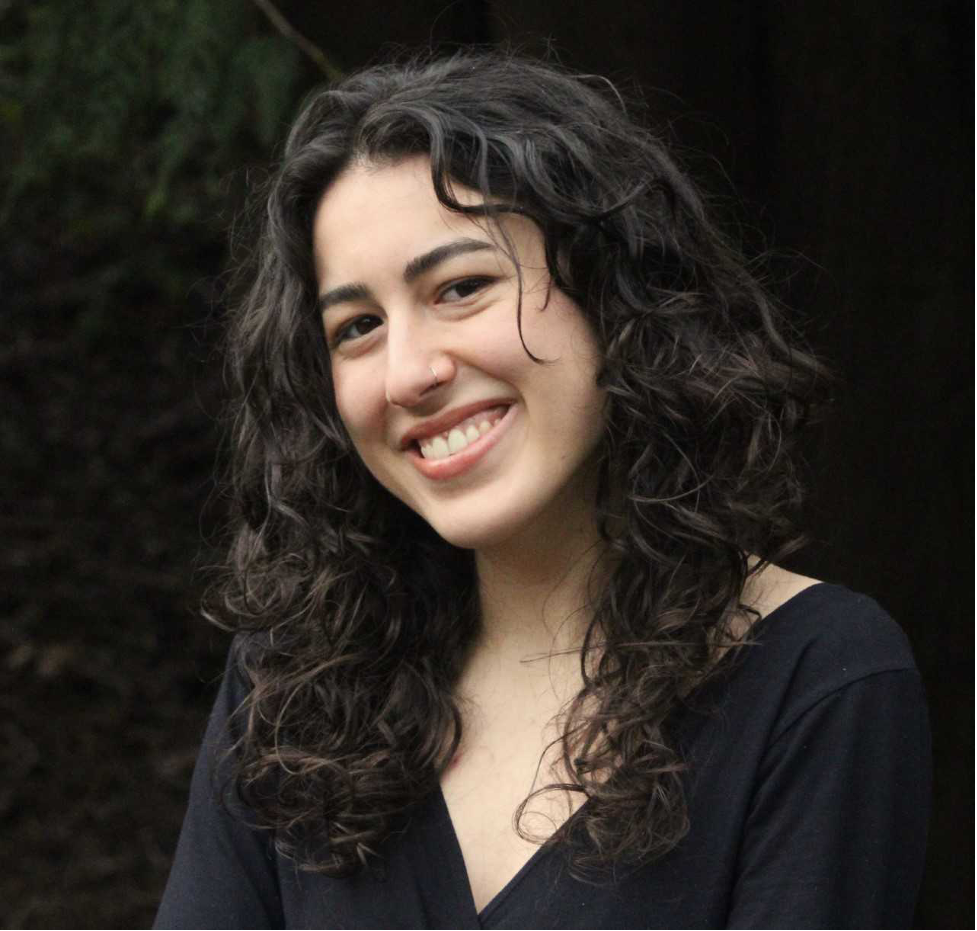Liva Bahji is a fourth-year honours sociology student at UBC. Supervised by Dr. Tom Kemple, her thesis “Unsmothering Girlhood: The Geometry of the Sisterhood Wound” offers a sociological approach to the degenerative and often default emotional dynamics between women, emphasising the ways in which these naturalised patterns are reflected and generated through circular interaction.
What was your project about? What are the main take-aways from your work?
My work conceptualises what I call the “sisterhood wound” – that is, the degenerative, emotionally violent and often default patterns of interaction between women, instilled in girlhood by androcentric agendas. These agendas trap women in a perpetual fight to establish their worth whilst keeping men and the masculine at the centre of social and cultural life. Rather than viewing the sisterhood wound as a distortion, the perpetuation of these wounded dynamics has been naturalised, failing to account for the sustained logic that informs how women actively reproduce behaviour with inwardly harmful effects.
My work frames this violence as a situational and relational process, rather than an inevitable facet of identity. By viewing the sisterhood wound as a category of analysis, I have found that alienation and disconnection between women begins to dissolve, initiating a return to unity.


Honours student Liva Bahji
How did you get interested in this topic?
I have carried this project on my heart and mind for years. Throughout my adolescence, gathering in the shape of a circle was a deeply ritualised way of seeking community and connection – of seeking sisterhood. Yet, nothing anyone said was ever truly received by the others. Every voice simply fell into this void. I was curious about what it would look like to harness the power of the circle in a new way, one that was regenerating and re-humanising.
What was the most difficult part of this learning journey? What was most satisfying?
My work is unique in the sense that I created my own research field and worked within it in multiple capacities. In October 2021, I conceptualised and began facilitating a series of sisterhood circles – gatherings within which self-identified women can access collective healing by bringing light and language to previously unarticulated experiences. Month by month, these circles have widened their embrace and have blossomed into a life-giving force in the local community. Although navigating the nuance of my layered work in these spaces has been a challenge, watching these circles resonate and reverberate has been most rewarding.
What skills did you develop or strengthen as a result of this project?
My fieldwork has been instrumentally rich. Holding space for sisterhood has deepened my ability to take leadership, especially to transcend the fractured ways of being in community that we are often socially conditioned to accept. Through synthesising this experience critically and creatively, I have also cultivated fresh clarity and focus.
What was your experience working with Sociology faculty on this project?
My beloved mentor, Tom Kemple, has artfully ignited, tuned and celebrated my voice since I conceptualised this project. I will cherish this time I have spent in creative collaboration with him for the rest of my days; learning from him continues to be a joy and an honour.
I am also wholeheartedly grateful for the guidance and support of Seth Abrutyn, Neil Armitage, Lily Ivanova, Michela Musto, Becki Ross and Sinnika Elliot, who have each been my portals of access to learning I never knew possible.


